María on Skype: “Laws are essential for social change”
Building a learning community amid harsh conditions
After Barrio Mosconi, the circus workshop moved to El Dique, another slum in the district of Ensenada. Having set foot in both, I could tell the difference between them was that the latter has worse living conditions: informal housing and dirt roads instead of paved streets. Also, as Liliana put it very well during the meeting we had: El Dique has a bigger population, so it is able to have a Centro de Integración Comunitario. The proper translation would be “Community Integration Center,” and it is a special building provided by the government, where there is space for health initiatives as well as social development, arts, education and sports programs. This is where the circus classes took place.
![]() read more
read more
Argentina’s alternative learning spaces
I read Pavel’s entry, and I was thinking about how extracurricular learning environments work here. Clubs obviously exist, but access to them is limited by how much money families have. Pavel suggests in his entry that people tend to look for alternatives outside of the educational model because it hasn’t kept up with the world’s development. For poverty stricken communities in my country, it’s the opposite: kids are falling out of the educational system because they can’t even keep up with its basic demands. That’s due to the fact that their needs are unmet.
![]() read more
read more
Equal…but essentially different
I felt like my last entry on women and education didn’t cover everything. There was one vital part missing: how do women themselves feel about the opportunities they have in Argentina?
In reading Emmy’s entry, I decided to take the question further: what is the role of women in society and why is it important that they get an education? I am convinced that societies should give free access to education to everyone in an equal way. However, I found that I struggled in justifying why – and I’m not the only one.
![]() read more
read more
Can changed laws change minds?
Last Saturday morning, during a break from German class, my classmates and I started discussing how some professions that used to be mostly male are now mostly pursued by women. That causes some tension, and it brings about the need for cultural change, as I described in my last entry.
This subtle antipathy can surface unexpectedly in day-to-day life. For instance, my classmate Mariana is studying biology. She told me that once, in a physics class, she and the other students had to make a circuit. The male teacher, after communicating the task, said: “Let’s see how women can manage this one,” clearly assuming electronics was totally a “guy thing.”
![]() read more
read more
The balancing act of educated women

Carolina learned a trade in order to secure some freedom
I had dinner with my boyfriend’s parents last Sunday. It’s always just the four of us. I have to admit that sometimes I lead the conversation into his mother, Carolina, telling me the story of how she started dating Horacio, Diego’s father. It’s not because of the love and romance involved, though. The story of how she met her husband touches on issues of how she secured some independence and got her first job.
![]() read more
read more
Lacking unified standards in education
I was having breakfast with my parents on Sunday. My mom is an English teacher, and she was grading papers. She asked me to take a look at some writing by her students.
“Do you think I’m being too demanding? This is for CAE [Cambridge English: Advanced] level,” she asked.
I pondered several things and exchanged ideas with her. It was during this conversation that I recalled how exactly I came to write in English as I do today.
![]() read more
read more
A wounded society

During periods of corruption, many turn their backs on education
I read Hellgurd’s entry, and many things sound familiar.
Hellgurd implies in his entry that education in his country hasn’t been developed to its fullest due to a lack of continuity in policy. I believe it could also have something to do with the set of values that is chosen by the ruling party. There is also the fact that a lot of people in positions of power see education as a threat.
![]() read more
read more
To Berlin and back
In December 2008, I graduated with a bachelor’s in communication with an emphasis in journalism. I wanted to work in audiovisual production back then, but later on I came to know that my aspirations didn’t matter much. What was important (and still is) was that I made something of my degree, and that somehow that came close to my original wishes. That means re-thinking your original plans when you realize where you are standing.
![]() read more
read more




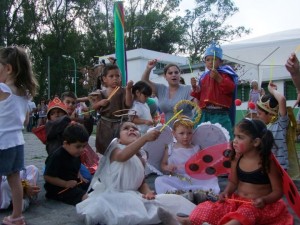
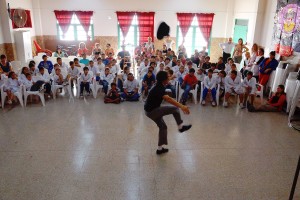
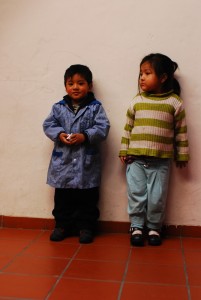
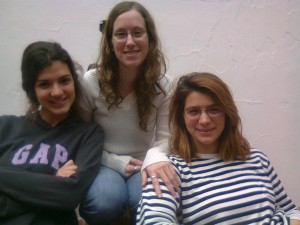
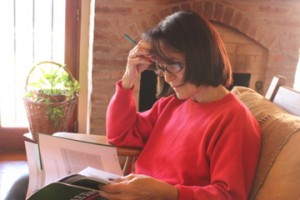





Feedback